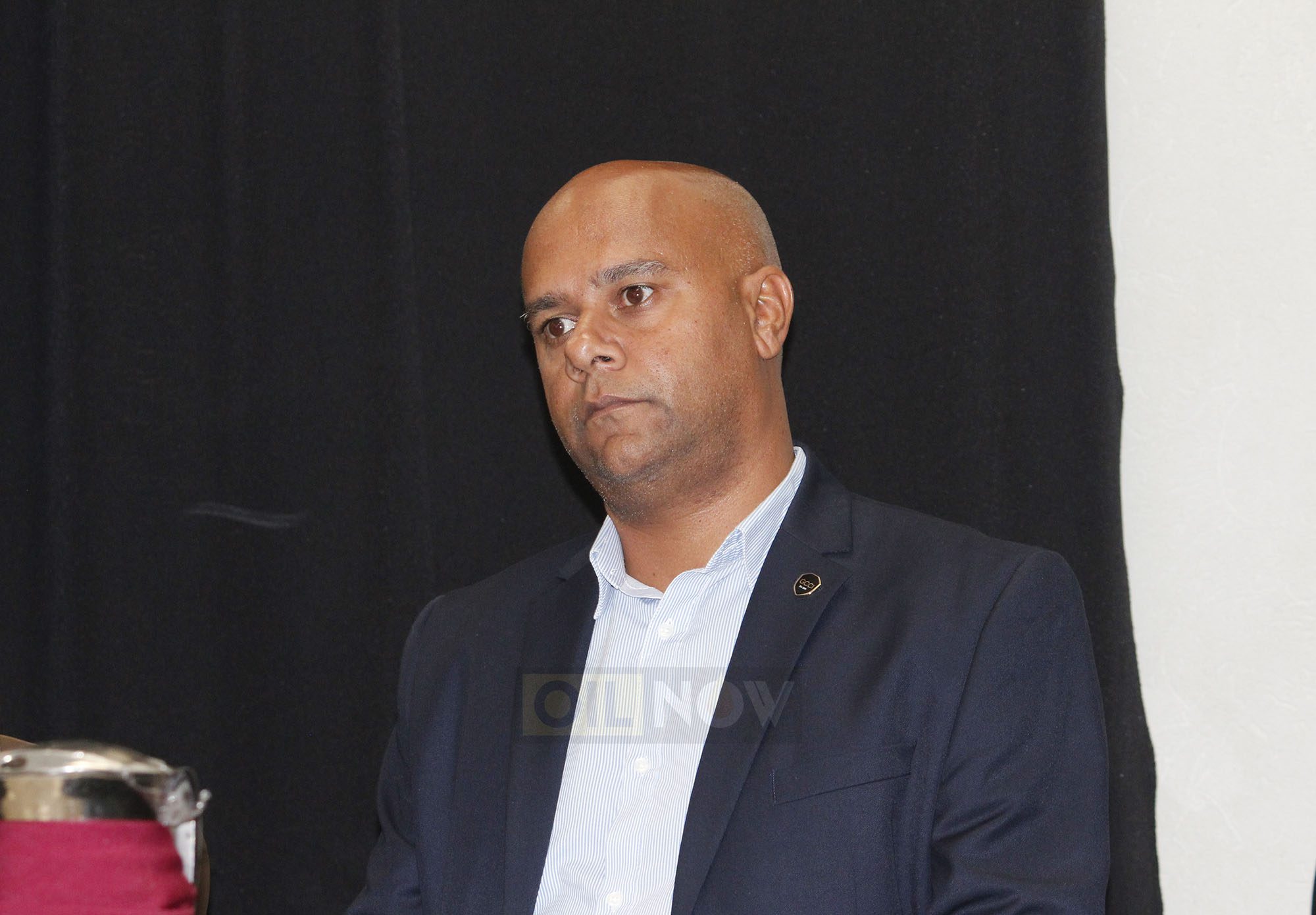President of the Georgetown Chamber of Commerce and Industry (GCCI) in Guyana, Timothy Tucker on Thursday said the business service organization will continue its campaign for equitable treatment of Caribbean Community (CARICOM) member states by the regional body and its organs.
His comment, made during the Chamber’s annual general meeting (AGM), follows impassioned discourse between himself and past and present Guyanese Members of Parliament on what they have described as mistreatment of Guyana by other CARICOM states, particularly Trinidad & Tobago.
“We continue to be staunch advocates for the removal of Non-Tariff Barriers (NTBs) which continue to inflict and impede regional trade,” Tucker said. He has indeed been an advocate in this regard for many years, especially because of Trinidad. He has noted that the barriers to trade go against the spirit of the Revised Treaty of Chaguaramas, the central document establishing CARICOM.
The issue reared its head recently when, after the Guyana Parliament passed the Local Content Act 2021 in December, a leaked email suggested that the CARICOM Private Sector Organisation intended to challenge the Act as being in contravention with the Revised Treaty.
This created an uproar in Guyana, because the local private sector has waited for the legislation for years.
“The GCCI… viewed it as a victory for the organization when it witnessed the signing of the Local Content Bill into legislation by His Excellency the President in December of 2021,” Tucker said. “There has been a particular focus by the GCCI on the local content front to ensure that indigenous companies are able to garner as much benefit from the value chain of the oil and gas industry. This was done by constant and sustained advocacy for a local content policy and accompanying legislation.”
Government-aligned Member of Parliament (MP), Sanjeev Datain, observed a recent article in a Trinidadian newspaper which criticised the Act again. In response, he suggested that Guyana can simply opt out of certain Treaty obligations to protect its Local Content law.
But former Minister of Foreign Affairs, Carl Greenidge, rejected this line of reasoning, and opined that pulling out of Treaty obligations would be unwise.
Tucker, in response, blamed Greenidge for the struggle Guyana has had, to promote local participation in the sector. He reminded that the Chamber had advised the previous administration in which Greenidge served as foreign minister prior to 2020, not to sign a Memorandum of Understanding (MoU) on energy cooperation with Trinidad until the twin-island nation removed all non-tariff barriers to trade with Guyana. This advice was ignored.
But even more than that, Tucker argued that there is a distinct issue of how Guyana has been treated by CARICOM, especially Trinidad. In this regard, he said the GCCI will continue to examine the usefulness of the Caribbean Community to Guyana’s economic growth at this juncture. He said this will continue to be a focus for the GCCI for the foreseeable future.
“Our Chamber has always believed, and continues to believe, that it has a responsibility to the private sector and citizens of Guyana to help strengthen the fibers of economic development,” Tucker said.



